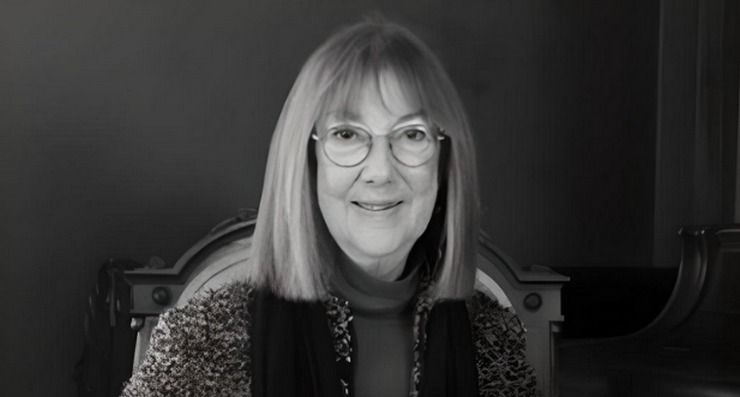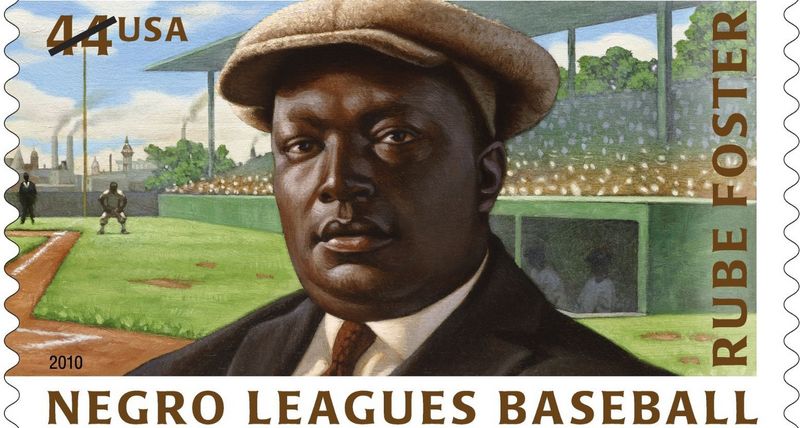
Rube Foster
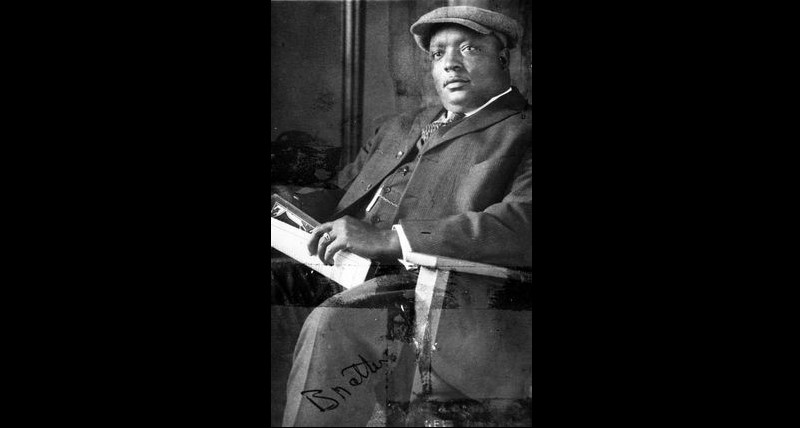
Rube Foster
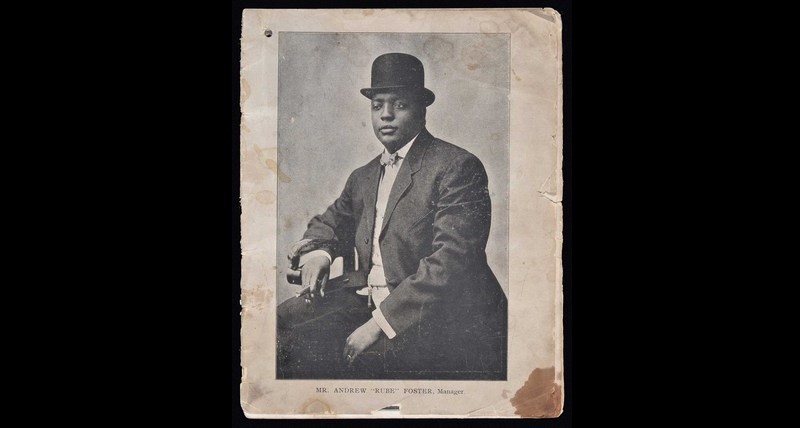
Rube Foster
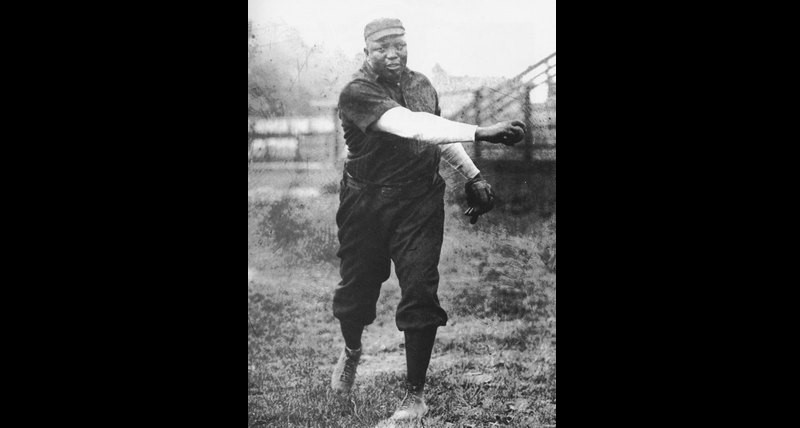
Rube Foster
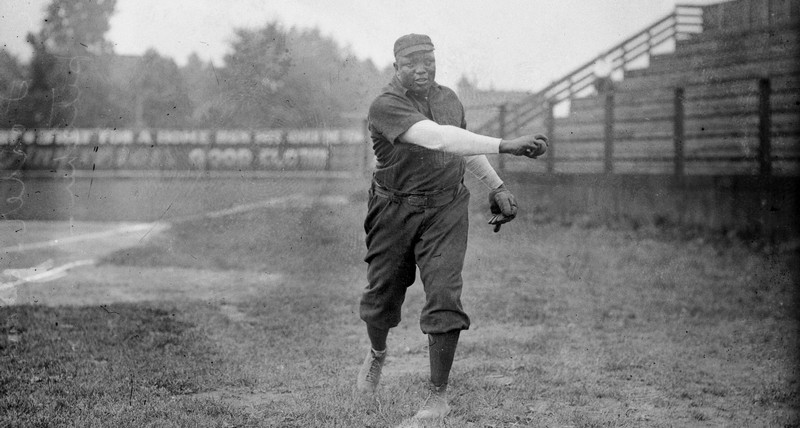
Rube Foster
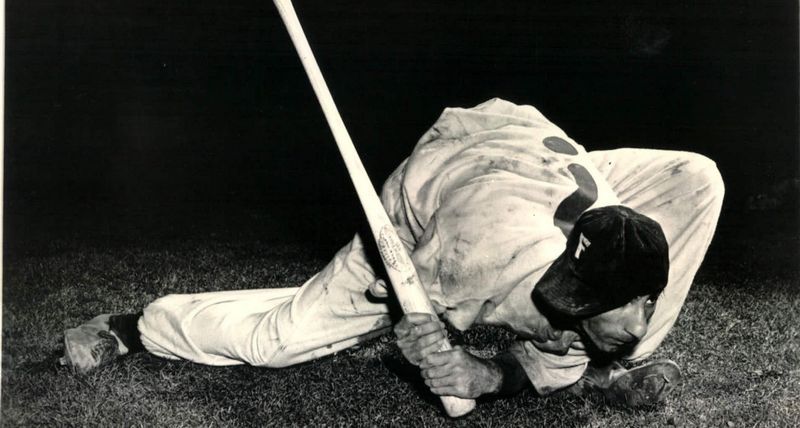
Max Patkin
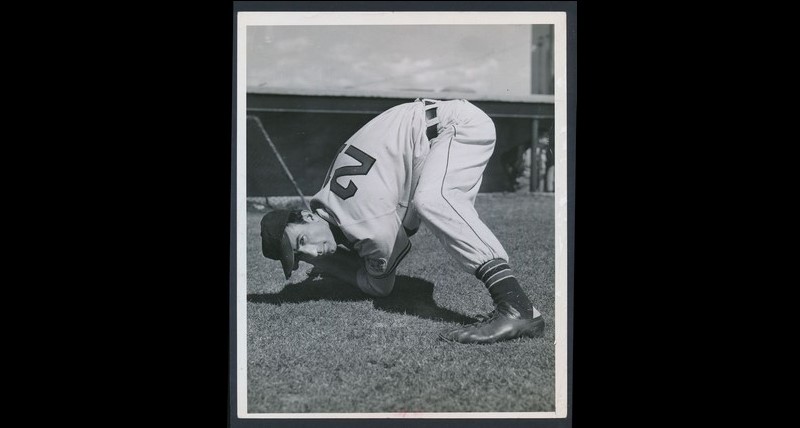
Max Patkin
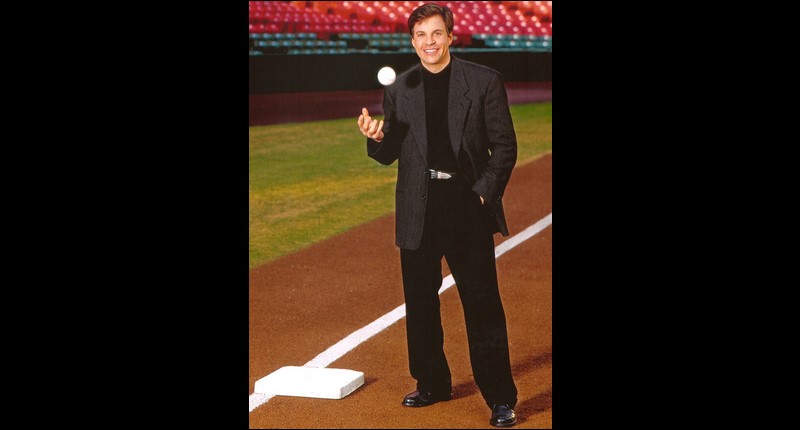
Bob Costas
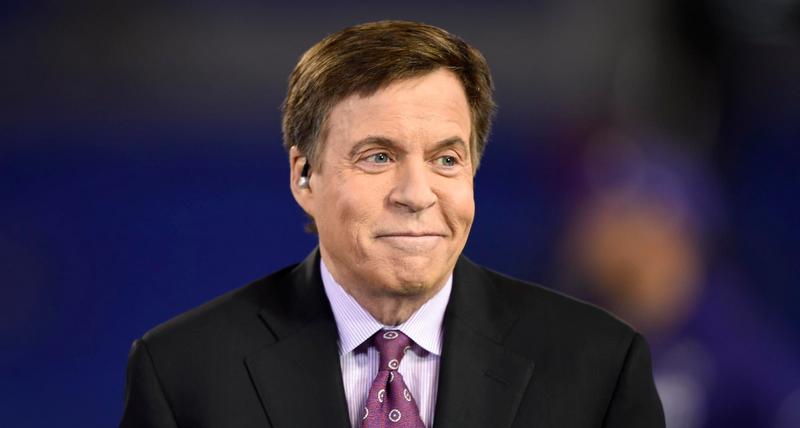
Bob Costas (AP Photo/Gail Burton, File)
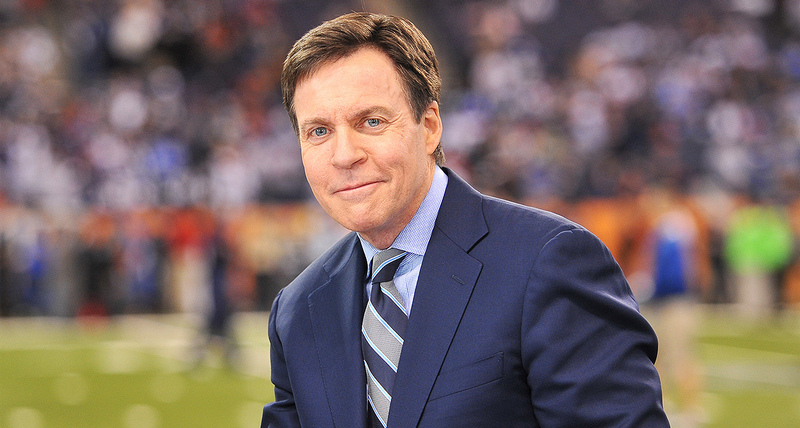
Bob Costas (Photo by Larry French/Getty Images)
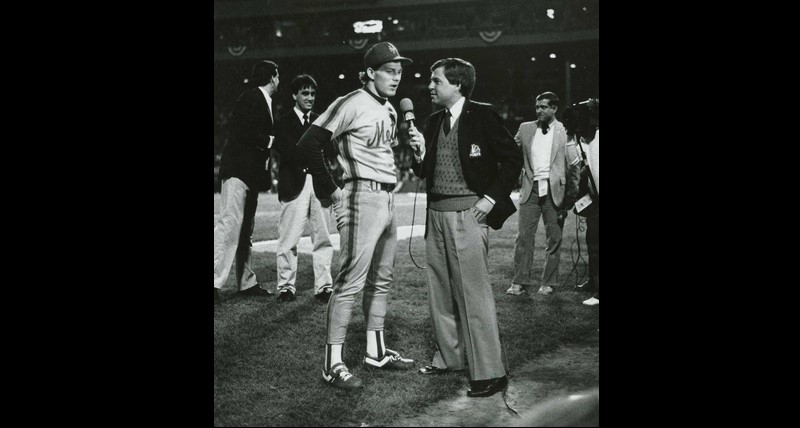
Bob Costas
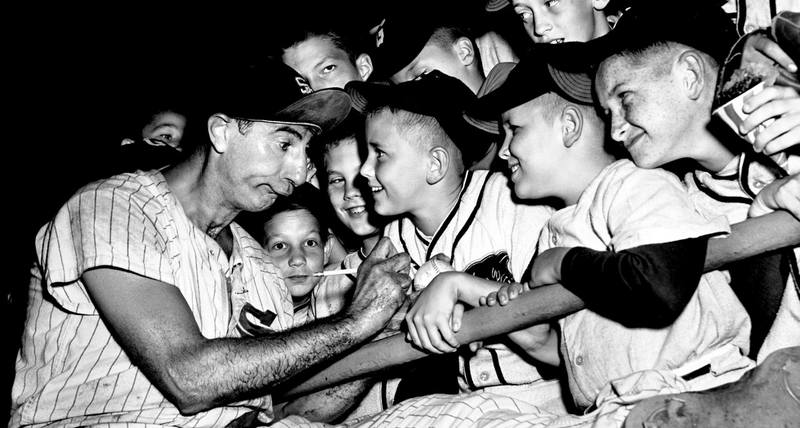
Max Patkin
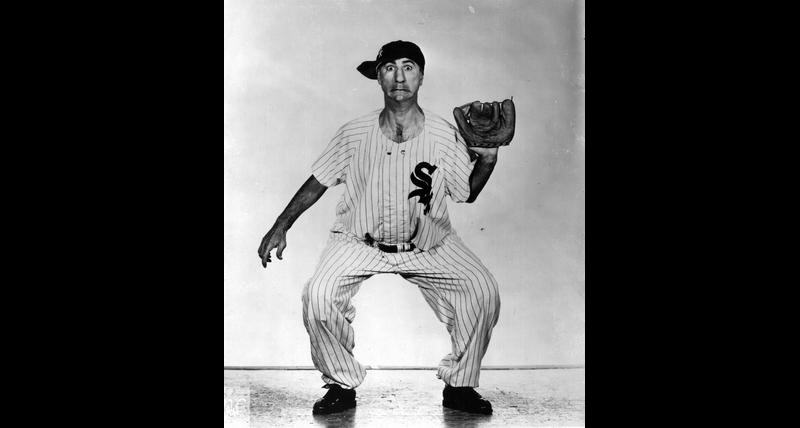
Max Patkin
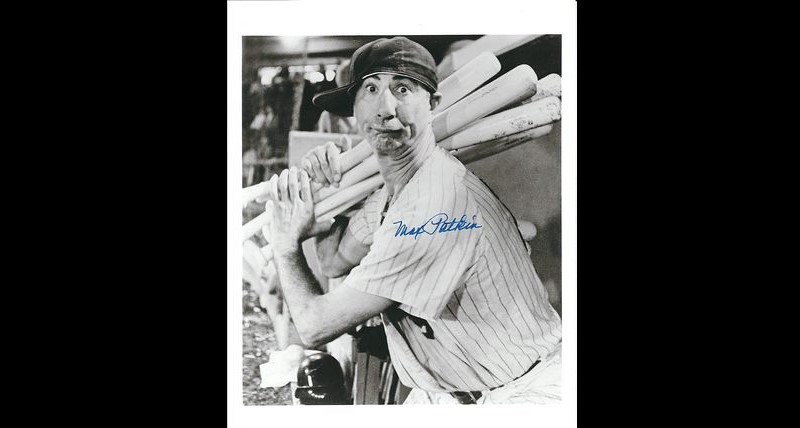
Max Patkin
On May 6, 2020, the Board of Directors of the Baseball Reliquary announced the 22nd class of electees to the Shrine of the Eternals. The Shrine of the Eternals is the national organization’s equivalent to the Baseball Hall of Fame.
Rube Foster, Max Patkin, and Bob Costas were elected upon receiving the highest number of votes in balloting conducted during the month of April 2020 by the membership of the Baseball Reliquary. Due to the coronavirus pandemic, the Shrine of the Eternals 2020 Induction Day has been postponed until 2021. The three electees for 2020, along with the three electees for 2021, will be formally inducted into the Shrine of the Eternals in a public ceremony on Sunday, July 18, 2021.
Of the fifty eligible candidates on the 2020 ballot, Rube Foster received the highest voting percentage, being named on 42.5% of the ballots returned. Following Foster were Max Patkin with 36% and Bob Costas with 32%. Runners-up in this year’s election included Effa Manley (29%), Mamie “Peanut” Johnson (27%), Dusty Baker (25%), Felipe Alou (22%), Octavius V. Catto (22%), and Rube Waddell (22%). Voting percentages for all fifty candidates appear at the end of this announcement.
Elected to the Shrine of the Eternals in his 22nd year on the ballot, ANDREW “RUBE” FOSTER (1879-1930) was a dominant southpaw pitcher who peaked during the early years of the 20th century. With the Philadelphia Cuban X-Giants in 1902, Foster reeled off 44 consecutive wins and, in the following year, pitched that team to victory over the Philadelphia Giants for “the Colored Championship of the World.” He picked up his nickname when he beat Philadelphia Athletics southpaw Rube Waddell in a 1902 exhibition game. In 1911, he partnered with the son-in-law of Charlie Comiskey, owner of the White Sox, to found the Chicago American (or Black) Giants. Under Foster’s expert guidance, the Giants crushed opponents, winning every black championship for a decade. After establishing the team as the greatest sporting institution that black America had ever seen, Foster set his sights higher. During the 1919-1920 off-season, he founded the Negro National League in Kansas City – the first successful, organized black professional baseball league. While still acting as manager of the Giants, Rube took on the additional roles of league president and treasurer, leading the circuit to dizzying heights of success. The weight of these responsibilities caught up with him in 1926, when he suffered a nervous breakdown. The “Father of Black Baseball” never recovered, dying prematurely in 1930. The pitcher-turned-entrepreneur, Rube Foster is elected to the Shrine of the Eternals in the same year that he is being honored during the centennial celebration of his greatest achievement, the founding of the Negro National League. “What Rube Foster accomplished in establishing the Negro Leagues against the backdrop of American segregation is monumental and richly deserves to be more than just a footnote in baseball history,” Bob Kendrick, Negro Leagues Baseball Museum president, said. “The Negro Leagues would change the game and America too. This milestone anniversary creates a platform to educate the public about this powerful story of triumph over adversity while using the many relevant life-lessons to inspire a nation to embrace diversity and inclusion.”
Elected to the Shrine of the Eternals in his first year on the ballot, MAX PATKIN (1920-1999) easily holds the all-time record for playing at the most ballparks in baseball history. The Clown Prince of Baseball (the second of that name, technically, after Al Schacht), comic Max Patkin played to adoring crowds in parks and stadia from Key West to Kenosha to Kingman to Keokuk and all points between, around, and beyond for decades. Entertaining tens of thousands of fans and players with oversized theatrics and uncanny pantomime skills, Patkin was a traveling one-man cottage industry; moving from one Minor League town to another and sometimes squeezing in an appearance at a MLB park, his annual visits were eagerly anticipated. After an arm injury ended his Minor League career, Patkin joined the Navy during World War II. While stationed in Hawaii, he pitched for a service team against Joe DiMaggio, who quickly homered off him. When Patkin threw down his glove in feigned anger and began to follow the Yankee Clipper around the bases, imitating his movements, the fans howled and, according to the prevailing origin story, a career was born. After the war, he was hired as a coach by Bill Veeck of the Indians, but after Veeck sold the team in 1949, Patkin struck out on his own to barnstorm around the country. He would appear more than four-thousand times (his estimate) in ballparks big and tiny, dressed in an oversized uniform with “?” stitched on back, cap askew, contorting his body and face into hundreds of extreme poses and goofy expressions. Patkin stated proudly that in 50 years (1944-1993), he never once missed a performance. While some found his comedy corny, and contemporaries would now most likely find it hopelessly outmoded – a throwback to big-gesture vaudeville performance practices – Patkin nonetheless endeared himself to fans and players everywhere. In 1988 he attained the zenith of his fame when he was named “King of Baseball” at that year’s annual Winter Meetings, and also appeared in Ron Shelton’s Bull Durham, in which he played himself, this time before millions. If baseball fans in America could adore a funny-looking Jewish son of Russian immigrants and former ballplayer-turned-clown, then there’s hope for this country yet.
Elected to the Shrine of the Eternals in his seventh year on the ballot, BOB COSTAS (born 1952), a native of Queens, New York, has been a near-ubiquitous presence in American sports television since his days as a cub reporter at KMOX in St. Louis during the seventies, when he looked all of fourteen by some reports. But his cuddly demeanor shouldn’t fool you. Costas is among the sharpest, most articulate, gracious, knowledgeable, good-natured, and devastatingly perceptive sports analysts on the air. He is capable of discussing all sports with the air of an expert, but he is often among the first to humble himself by admitting an error or misperception. Costas is at home in the booth, any booth – it doesn’t matter if he’s covering the NBA, NFL, NHL, MLB, the Kentucky Derby, the Olympics (he hosted eleven of ‘em from 1992 to 2016), golf tournaments, or any one of several talk shows. But he is at his happiest and most comfortable when he is talking, broadcasting, or debating baseball. This eternal kid grew up idolizing Mickey Mantle, the Eternal Kid. The game is in his bones. When he broadcasts a ballgame, his style is informative, but not intrusive; his profound understanding and insights elicit silent smiles of delight, not groans of dismay at the retelling of old war stories; he’s forthright enough to question with vigor conventional wisdom, and smart enough to know when he’s pushed a point too far. Listening to his play-by-play accounts on NBC (for whom he worked from 1979 through 2018) or MLB-TV, you often sense that you’re watching the game while seated beside your smarter kid brother or your favorite uncle. He has been particularly vocal in the recent debate concerning PEDs, holding all parties involved – players, management, the union, the commissioner’s office, the media – accountable to some degree for failure to address the problem in a meaningful and forceful manner. Even the sainted Marvin Miller, the late labor leader, a man whom Costas respected deeply, wasn’t spared the occasional barb. As excellent an announcer as he is, Costas is an even better interviewer, a talent clearly evident on his talk show, Studio 42 with Bob Costas, broadcast on MLB-TV. Seated informally with one or two guests, and supplemented by film and video clips illustrating the topic under discussion, Costas is able to bring the best out of his subjects, even when the discussion veers into sensitive or painful memories. As viewers we are fortunate to have a broadcast sports journalist of Costas’s intelligence and skill reporting on the games of our time. Just as the 1960s and ‘70s are remembered as the Jim McKay era in sports reporting, our time will be remembered as the Bob Costas era.
Rube Foster, Max Patkin, and Bob Costas will join 63 other baseball luminaries who have been inducted into the Shrine of the Eternals since elections began in 1999, including, in alphabetical order: Jim Abbott, Dick Allen, Roger Angell, Emmett Ashford, Billy Beane, Moe Berg, Sy Berger, Yogi Berra, Steve Bilko, Ila Borders, Jim Bouton, Jim Brosnan, Charlie Brown, Bill Buckner, Glenn Burke, Roberto Clemente, Steve Dalkowski, Dizzy Dean, Rod Dedeaux, Jim Eisenreich, Dock Ellis, Nancy Faust, Eddie Feigner, Lisa Fernandez, Mark Fidrych, Curt Flood, Ted Giannoulas, Josh Gibson, Jim “Mudcat” Grant, Pete Gray, Arnold Hano, William “Dummy” Hoy, Bo Jackson, Shoeless Joe Jackson, Bill James, Dr. Frank Jobe, Tommy John, Bill “Spaceman” Lee, Roger Maris, Marvin Miller, Minnie Minoso, Manny Mota, Don Newcombe, Lefty O’Doul, Buck O’Neil, Satchel Paige, Jimmy Piersall, Pam Postema, J.R. Richard, Jackie Robinson, Rachel Robinson, Lester Rodney, Pete Rose, Vin Scully, Rusty Staub, Casey Stengel, Luis Tiant, Bob Uecker, Fernando Valenzuela, Bill Veeck Jr., Maury Wills, Kenichi Zenimura, and Don Zimmer.
THE SHRINE OF THE ETERNALS: 2020 VOTING PERCENTAGES
- Rube Foster – 42.5%
- Max Patkin – 36%
- Bob Costas – 32%
- Effa Manley – 29%
- Mamie “Peanut” Johnson – 27%
- Dusty Baker – 25%
- Felipe Alou – 22%
- Octavius V. Catto – 22%
- Rube Waddell – 22%
- Melissa Ludtke – 20.5%
- Hideo Nomo – 20.5%
- Annie Savoy – 20.5%
- Mike Veeck – 20.5%
- Ralph Branca – 20%
- Charles M. Conlon – 20%
- Charley Pride – 19.5%
- John Young – 19.5%
- Charlie Finley – 19%
- Jack Kerouac – 19%
- Denny McLain – 19%
- Bill White – 19%
- Chet Brewer – 18.5%
- Dr. Mike Marshall – 18.5%
- Leo Durocher – 18%
- Ron LeFlore – 18%
- Ernie Harwell – 17%
- Janet Marie Smith – 17%
- Julio Franco – 16%
- Luke Easter – 15.5%
- John Kruk – 15.5%
- Jim Thorpe – 15%
- Rocky Colavito – 14%
- John Thorn – 14%
- Fred Merkle – 13.5%
- Masanori Murakami – 13.5%
- Pete Reiser – 13.5%
- Bing Russell – 13.5%
- Justine Siegal – 13.5%
- Chris Von der Ahe – 13.5%
- Dave Parker – 12.5%
- Vic Power – 12.5%
- Tony Conigliaro – 11.5%
- Tug McGraw – 11%
- Jim Joyce – 8%
- Joe Pepitone – 8%
- Charley Lau – 6%
- Jesse Cole – 5.5%
- Cleon Jones – 5%
- Jack Dunn – 2%
- Bugs Raymond – 1.5%






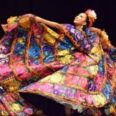





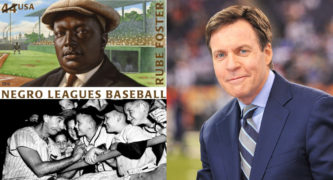

 0 comments
0 comments


